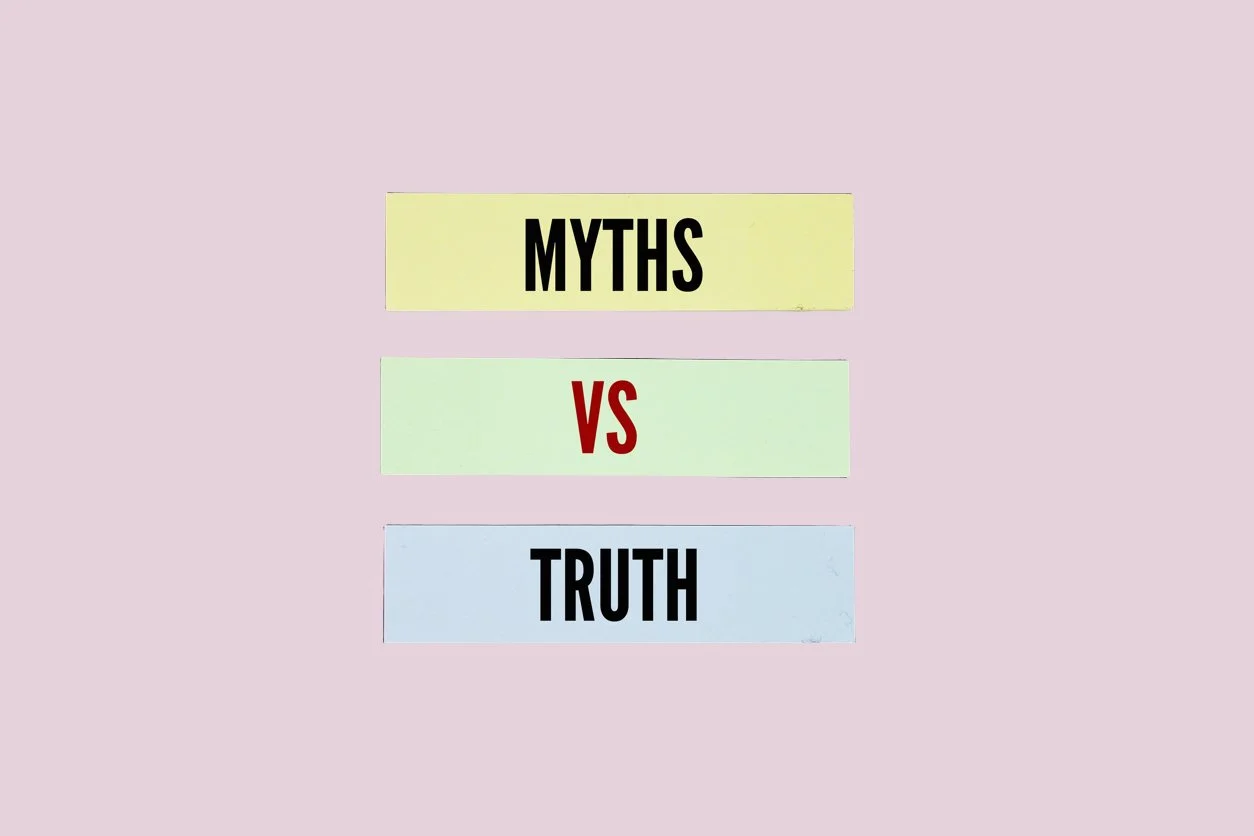Menopause Myths and Truths: What Every Woman Should Know
As we celebrated World Menopause Day on October 18th, it’s the perfect time to shed light on the realities of menopause. Menopause is a natural phase of life, yet it’s often surrounded by myths and misconceptions that can make it feel more daunting than it needs to be. Let’s clear the air and focus on what’s true, so you can move through this chapter with more clarity and confidence.
Why World Menopause Day Matters
World Menopause Day was established by the International Menopause Society to raise awareness and provide support for women going through this transition. It’s a day to talk openly about menopause, highlight the resources available, and break down the stigma that often surrounds this stage of life.
Myth #1: Menopause is All About Hot Flashes
Hot flashes may be the most well-known symptom, but menopause is not defined by them alone. This stage can bring changes in sleep, mood, memory, and metabolism. Some women experience joint discomfort, while others notice shifts in energy or focus. How can menopause impact women in so many different ways? Falling estrogen levels trigger changes throughout the entire body. This means women can experience a wide range of symptoms, both physical AND mental. In fact, some of the most overlooked symptoms of menopause are depression and anxiety. The truth is, menopause looks different for everyone. No two experiences are exactly alike.
For advice on managing your symptoms with self-compassion (especially if your menopause symptoms intersect with ADHD!), check out this blog article.
Myth #2: Once Menopause Starts, It’s All Downhill
This myth can feel especially discouraging, and it simply isn’t true. While estrogen levels do drop and that can influence metabolism, bone density, and other systems in the body, menopause can also bring a sense of rootedness and clarity. Many women find this phase empowering once they learn how to work with their changing bodies. With consistent strength training, balanced nutrition, and self-care, it’s possible to feel strong, confident, and vibrant.
Myth #3: You Just Have to Live With It
Another harmful myth is that women simply need to endure menopause. The truth is, there are many ways to support your well-being during this transition. For example, small food swaps can help balance hormones and support metabolism. Choosing whole grains over refined ones, adding more healthy fats, and staying active are powerful ways to feel more like yourself. And yes, seeking support is more than okay, whether from your healthcare provider or from a coach who helps you implement changes and stay consistent.
Embracing the Truths
Menopause is not the end of vibrancy. In fact, many women discover a renewed sense of possibility during this stage. Surprisingly, there is substantial research indicating that menopause ultimately brings greater contentment in life. While data shows that women can grow unhappy in the two to three years leading up to menopause, and this can remain for a few years after, this lower life satisfaction is a short term impact. According to quite a few studies, after those initial years of adjustment, life satisfaction increases well past baseline and climbs steadily higher over time. As Oprah Winfrey once said, menopause can be a time to “reawaken your life’s possibilities.” Think of this season as an opportunity to listen more closely to your body and give it the care it deserves.
You also don’t have to choose between medical support and lifestyle guidance. Your doctor can provide expertise and treatment options, while a coach can help you put healthy strategies into practice and stay accountable. Together, they form a powerful team that can help you thrive.
Wrapping It Up
Menopause isn’t something to fear or simply tolerate. It’s a natural transition, and when you learn to distinguish the myths from the truths, it becomes easier to navigate. If you’d like to explore ways to support your body during this stage, I’d love to help. Book a strategy session, and together we’ll create a personalized plan that fits your life, your goals, and your vision for this next chapter.
And if you’re curious about how menopause and metabolism connect, take a look at my earlier blog: *What I’ve Learned About My Metabolism in My 50s -* It’s the perfect companion to today’s post.
Sources:
Haller, Claudia. “ADHD and Menopause: Managing Symptoms With Self Compassion — Vibrant Health by Claudia.” Vibrant Health by Claudia, 11 Feb. 2025, www.vibranthealthbyclaudia.com/blog/adhd-and-menopause-managing-symptoms-with-self-compassion?rq=menopause.
Mosconi, Lisa, PhD. “What if Your Menopause Is Actually Your Renaissance?” Oprah Daily, 15 Mar. 2024, www.oprahdaily.com/life/health/a60127361/menopause-brain-excerpt.

